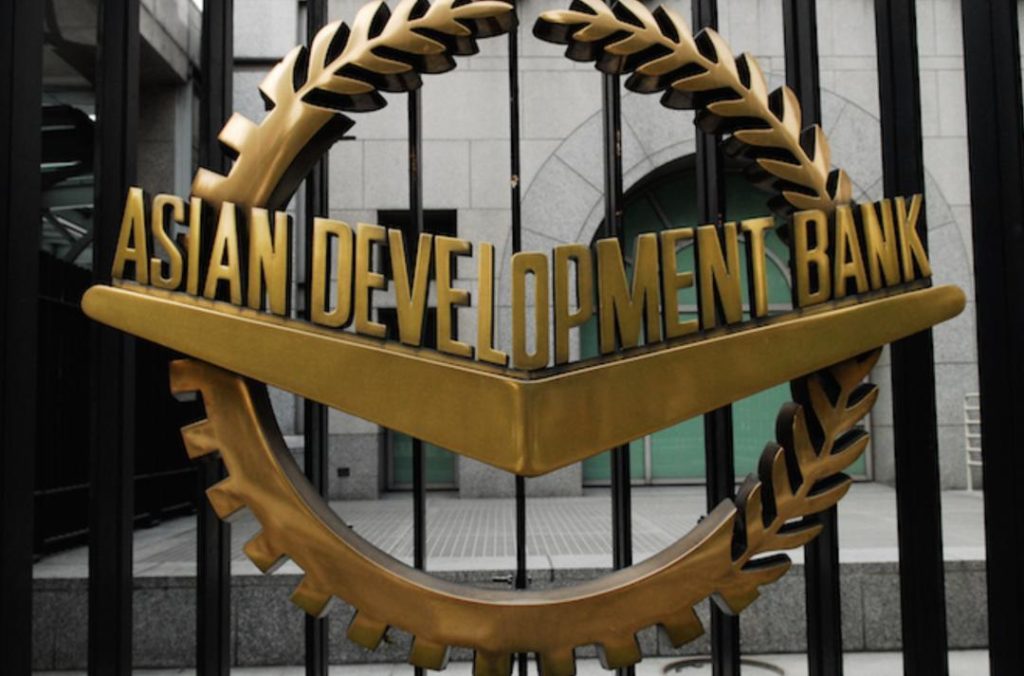
Pakistan Gets $800 Million Aid from ADB Despite India’s Objections
The Asian Development Bank (ADB) has approved a significant financial aid package of $800 million to Pakistan to strengthen its fiscal sustainability and improve public financial management. This move has been met with strong objections from India, which has expressed concerns over Pakistan’s deteriorating fiscal performance and its reliance on foreign aid.
According to reports, India highlighted Pakistan’s poor financial management and excessive spending on defense rather than development as major concerns. India also warned that Pakistan’s dependence on such aid could create a dangerous dependency cycle, where the country becomes increasingly reliant on external funding to finance its development projects.
Despite these concerns, the ADB has gone ahead and approved the aid package, which is aimed at supporting Pakistan’s efforts to strengthen its public financial management and improve its fiscal sustainability. The aid package is expected to be used to finance various development projects, including infrastructure development, energy sector reforms, and social sector programs.
The ADB’s decision to approve the aid package has been welcomed by Pakistani authorities, who have hailed it as a significant step towards strengthening the country’s economy. Pakistani officials have reiterated that the country is committed to implementing the conditions set by the ADB to ensure the effective use of the aid.
The ADB has set several conditions for the aid package, including the implementation of fiscal discipline, reduction of fiscal deficit, and improvement in tax collection. The bank has also emphasized the need for Pakistan to diversify its economy and reduce its dependence on a single sector, such as textiles or agriculture.
India’s objections to the ADB’s decision to approve the aid package are not surprising, given the country’s long-standing tensions with Pakistan over issues such as terrorism, border disputes, and nuclear proliferation. India has repeatedly accused Pakistan of providing safe haven to terrorist groups and supporting cross-border terrorism, which has led to a deterioration in bilateral relations.
India’s concerns over Pakistan’s fiscal performance and reliance on foreign aid are also valid, given the country’s poor record of financial management. Pakistan has a history of misusing foreign aid, which has led to a lack of transparency and accountability in the use of funds.
In the past, Pakistan has received significant foreign aid from the United States, the European Union, and other international organizations to finance its development projects. However, the country has often failed to use these funds effectively, leading to a lack of transparency and accountability.
The ADB’s decision to approve the aid package to Pakistan despite India’s objections has raised questions about the bank’s criteria for approving aid to countries with poor fiscal performance. The ADB has a reputation for being a leading source of development financing in Asia, and its decisions are closely watched by governments and development experts around the world.
In recent years, the ADB has been criticized for its lack of transparency and accountability in its lending practices. The bank has faced accusations of approving loans to countries with poor governance and corruption, which has led to a lack of transparency and accountability in the use of funds.
In conclusion, the ADB’s decision to approve an $800 million aid package to Pakistan despite India’s objections is a complex issue with far-reaching implications. While the aid package is aimed at strengthening Pakistan’s fiscal sustainability and improving public financial management, it also raises questions about the bank’s criteria for approving aid to countries with poor fiscal performance.
The ADB’s decision has been welcomed by Pakistani authorities, who have hailed it as a significant step towards strengthening the country’s economy. However, India’s objections to the aid package are also valid, given the country’s concerns over Pakistan’s deteriorating fiscal performance and reliance on foreign aid.
As the ADB continues to play a crucial role in financing development projects in Asia, it is essential for the bank to adopt a more transparent and accountable approach to its lending practices. This includes setting clear conditions for aid packages, ensuring transparency in the use of funds, and promoting good governance and accountability in recipient countries.






